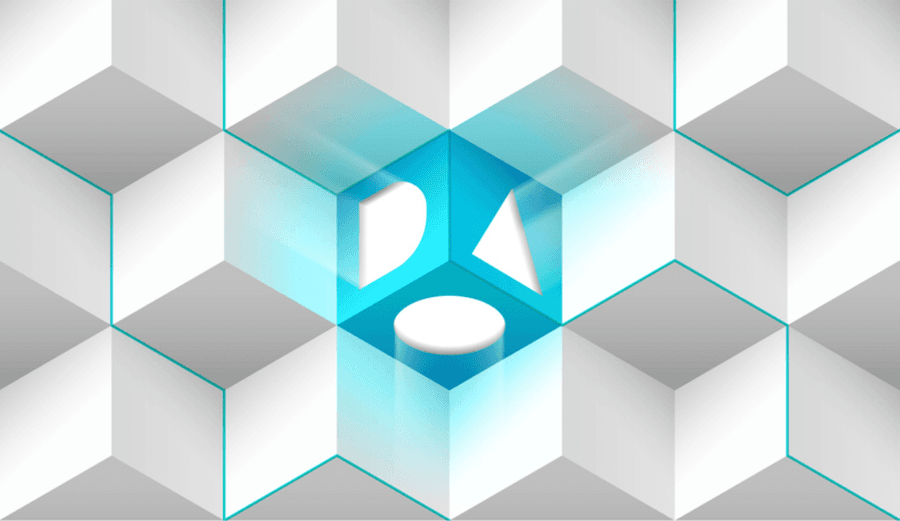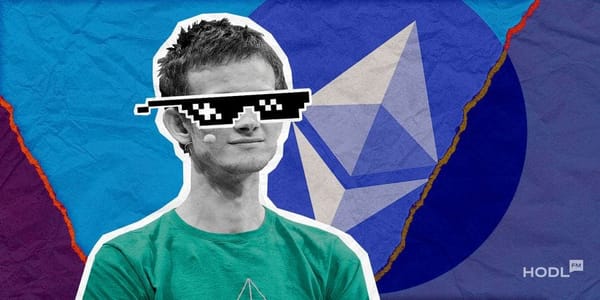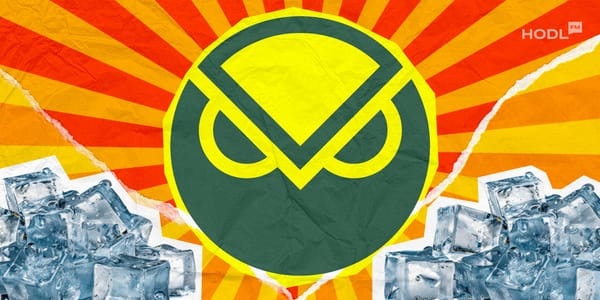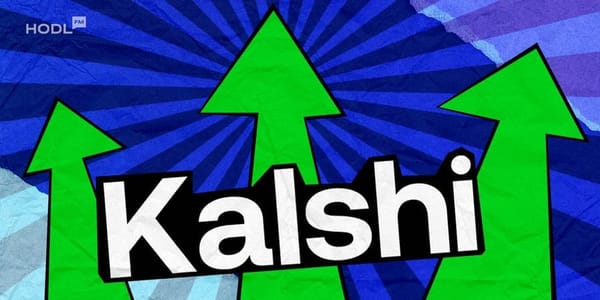Listen up, fellow DAO enthusiasts! Are you ready to take a dive into the deep end of legal troubles? Because buying DAO tokens is no longer a harmless game of crypto hopscotch. You may end up in court, playing a game of “who’s liable for millions in hacked funds?”
And if you think working for a DAO is a safe bet, think again. Your enthusiastic implementation of the community’s decisions could land you in hot water in some far-flung jurisdictions.
So, if you’re a member of a DAO, buckle up and get ready for a legal rollercoaster ride. It’s like a virtual reality game, but with real-life consequences.
Legal Implications of Decentralized Autonomous Organizations
DAO members out there! You might not even be aware of the legal trouble you could be getting into. So, here’s the lowdown. Buying DAO tokens ain’t as safe as it used to be, my friends. You could end up being judged as a partner in the biz and slapped with a liability bill for millions in hacked funds. And that’s not the only trap waiting to spring on you! Just by working for a DAO and helping implement community decisions, you could be breaking the law in some far-flung corners of the world. Ain’t that just peachy?
14 DAO Issues You Must Consider Before Incorporating
No legal clarity – One of the biggest legal dangers of investing in a DAO is the lack of legal clarity surrounding their operations. DAOs operate in a decentralized and autonomous manner, making it difficult to determine the legal frameworks that govern their activities.
Community is liable for any damages done to investors – In the absence of clear legal frameworks, investors in a DAO may be exposed to significant risks, including lawsuits, fines, and regulatory scrutiny. For example, if a DAO makes a decision that results in a legal dispute, investors may be held liable for damages.
Smart contracts are self-executing and lack legal oversight – DAOs use smart contracts to execute their operations. These contracts are self-executing and enforceable, and they are often written by non-lawyers. This can lead to errors or oversights in the contracts, which can result in legal disputes and liabilities.
DAO errors could cause problems with regulations – a DAO may have a smart contract that outlines the distribution of profits among investors. However, if there is an error in the contract, investors may not receive their fair share of the profits, leading to legal disputes.
Investors face risks of damages – In a DAO, investors are often also decision-makers. This means that they have a say in the decision-making process of the DAO. However, this also exposes them to significant liability risks. If a decision made by the DAO results in a legal dispute, investors may be held personally liable for damages.
Fraud – With DAOs, it can be hard to tell the good guys from the bad guys. It’s like playing a game of “Spot the Scammer” but without any helpful clues. And trust us, there have been some real gems out there. Some DAOs have promised investors big returns, only to vanish into thin air faster than a magician’s rabbit.
Hacking – DAOs may be the future of finance, but they’re not exactly Fort Knox. Hackers have been known to swoop in and steal funds faster than you can say “crypto catastrophe.” So, if you’re planning on getting involved in a DAO, make sure your password isn’t “password123.”
Governance disputes – DAOs are supposed to be run by the collective decisions of their members, but what happens when those decisions lead to arguments and hurt feelings? It’s like a game of “Survivor,” but with less beach and more blockchain.
Transparency issues – DAOs are meant to be transparent, but sometimes it feels like trying to see through a brick wall. It can be tough to get a clear picture of what’s going on, especially if members are making decisions anonymously. And let’s be honest, transparency is just a fancy word for “we’re all clueless.”
Network congestion – Ah, the joys of blockchain technology! Sometimes it’s so slow that you might as well be using a carrier pigeon to send your funds. It’s like trying to navigate rush hour traffic on the information superhighway.
Complexity– DAOs can be complicated, even for the most experienced crypto enthusiasts. It’s like trying to solve a Rubik’s cube with a blindfold on. You might think you know what you’re doing, but in reality, you’re just turning things randomly and hoping for the best.
Lack of accountability– DAOs are decentralized and autonomous, which means it can be tough to hold anyone responsible if something goes wrong. It’s like playing a game of “Whodunit?” without any suspects or clues.
Inconsistencies with local laws – DAOs may operate in ways that are inconsistent with local laws and regulations. It’s like trying to juggle flaming chainsaws while blindfolded and standing on one foot.
Tax implications – The tax implications of participating in a DAO can be complex, which is why you might want to consult with a tax professional. Or just pretend like you never made any money and hope the IRS doesn’t find out.
Intellectual property issues– DAOs can run into copyright and trademark issues if they’re using material without permission. It’s like going to a party and accidentally wearing the same outfit as the host. Awkward.
Inter-jurisdictional issues– DAOs can operate across multiple jurisdictions, which can make things even more complicated. It’s like trying to navigate a minefield blindfolded while juggling chainsaws and wearing roller skates. Good luck!
A history of DAO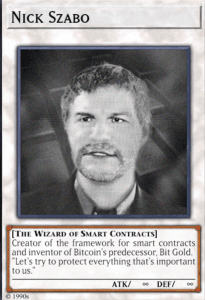
it’s the late 1990s, the internet is still young, and a computer scientist named Nick Szabo has an idea. He calls it a “smart contract” – a contract written in code that executes itself. No lawyers, no banks, no hassle. Fast forward to 2013, and the term “DAO” is coined by Stephan Tual, one of the co-founders of Ethereum. DAO stands for “decentralized autonomous organization,” and it’s like a company that lives on the internet and runs on autopilot – with a few hired humans to do the heavy lifting.
The Ethereum blockchain launched in 2015 and made DAOs a reality. The first one, called “The DAO,” was like a decentralized venture capital fund where people could buy “DAO tokens” and vote on which blockchain projects to invest in. It raised over $150 million in no time, but then disaster struck. A hacker made off with $50 million of DAO tokens, and the Ethereum blockchain had to be forked to fix the damage.
Read also Ethereum Blockchain’s Shanghai Hard Fork: What is it and Why Does It Matter?
Despite the hack, DAOs are still going strong. They’ve been used for everything from decentralized exchanges to prediction markets to lending platforms. One of the most exciting developments is the rise of DeFi platforms, which offer traditional financial services like lending and borrowing without the need for a bank. DAOs have even been used to create autonomous communities where people can share resources and work on projects together.
Who knows what the future holds for DAOs? One thing’s for sure – it’s going to be a wild ride.
DAOs, the future and AI
The future of DAOs is both exciting and uncertain. As advancements in AI continue to evolve, it’s possible that we could see DAOs incorporating AI technology to further automate their decision-making processes
and improve efficiency. However, with this advancement comes the potential for new legal issues to arise, such as the liability of AI-generated decisions.
Despite these challenges, the potential of DAOs to transform the way we organize and govern ourselves is undeniable. As we continue to explore and experiment with this innovative technology, it’s important to remain aware of the potential pitfalls and work towards creating a regulatory framework that fosters innovation while protecting the interests of stakeholders.
As we move forward, it’s clear that the DAO movement is not just a passing trend, but rather a significant development in the evolution of technology and governance.
Conclusion
Well, folks, it looks like the future of DAOs is a bit like a rollercoaster – exciting and uncertain, with plenty of twists and turns along the way. From AI automation to legal liabilities, there’s no shortage of potential hurdles to navigate. But despite these challenges, there’s no denying the incredible potential of DAOs to revolutionize the way we organize and govern ourselves.
So hold onto your hats, because it’s going to be one wild ride. And who knows, maybe one day we’ll look back and laugh at how far we’ve come – or maybe we’ll be too busy exploring new frontiers and pushing the boundaries of what’s possible. Either way, one thing is clear: the future of DAOs is anything but boring.
